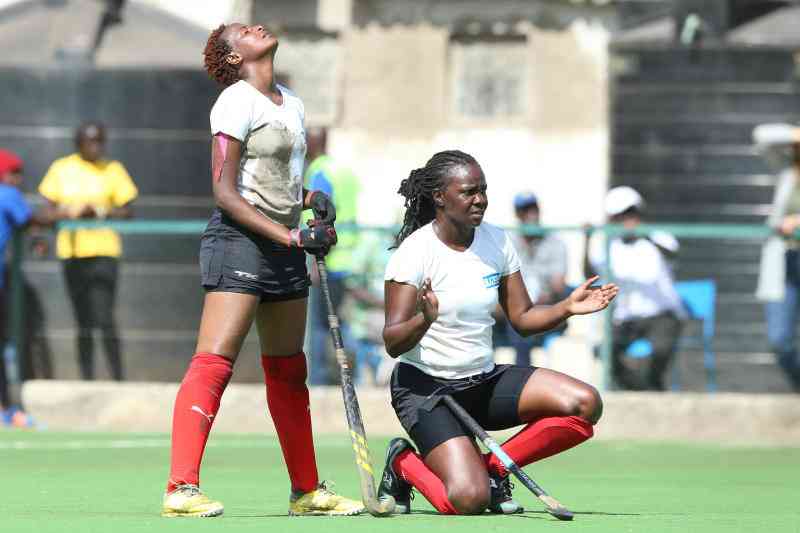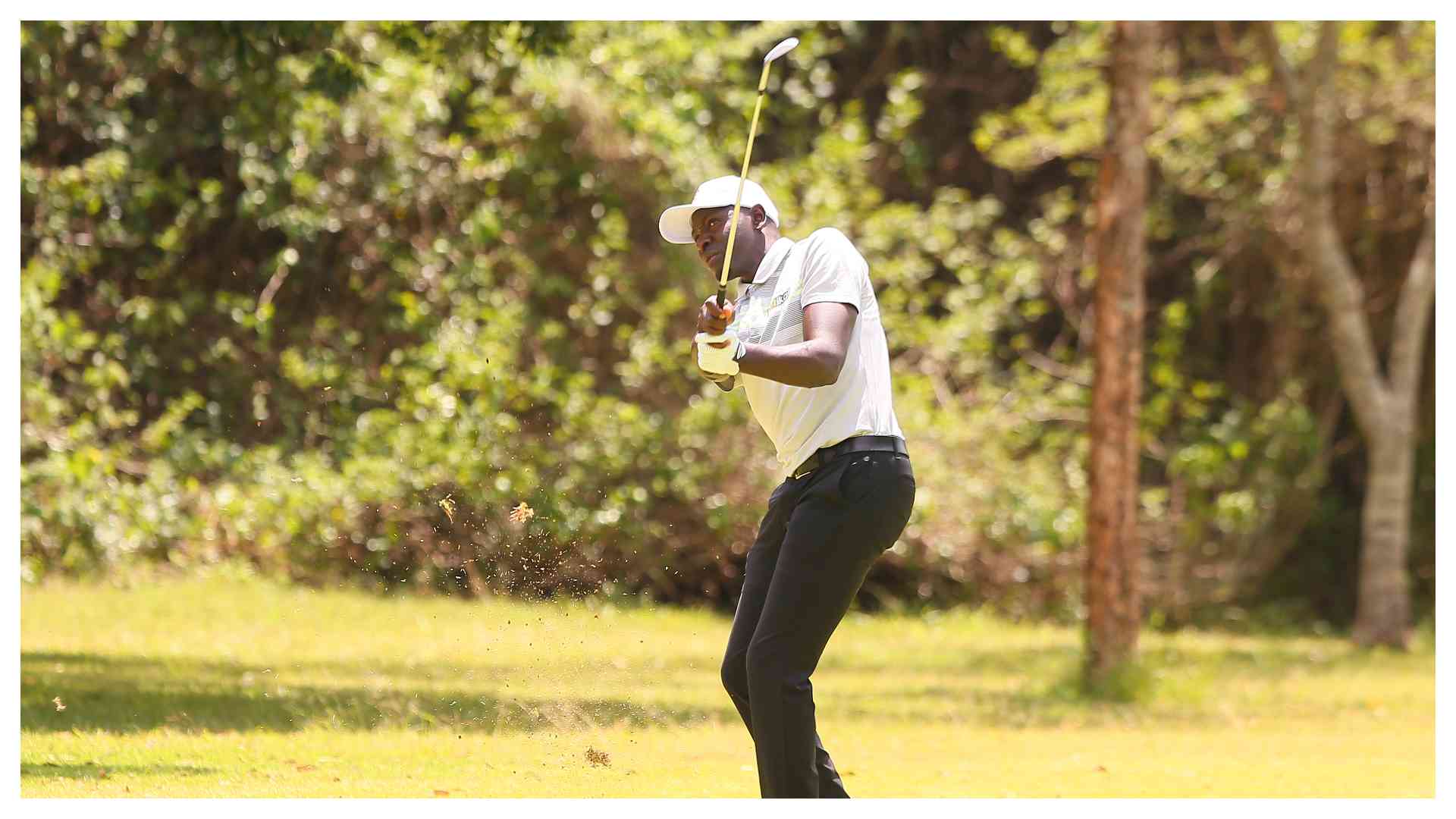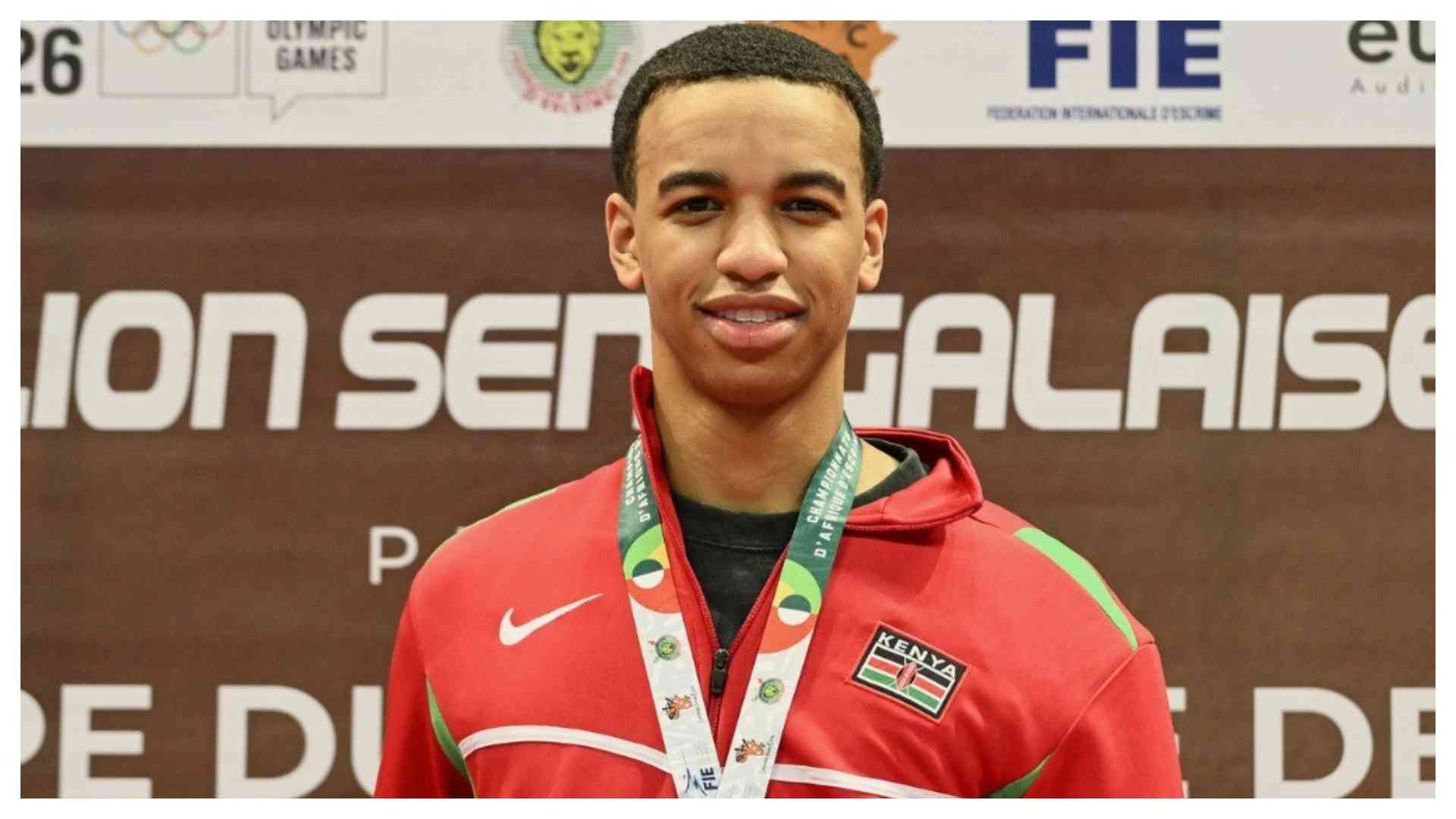×
The Standard e-Paper
Read Offline Anywhere

Audio By Vocalize

In the heart of Kenya's sporting history lies a tale of an illustrious past and a faded present-of a sport that once held a significant place in the nation's heart and schools.
Hockey, a game once adored by many, now struggles to find its footing amidst a myriad of challenges.

